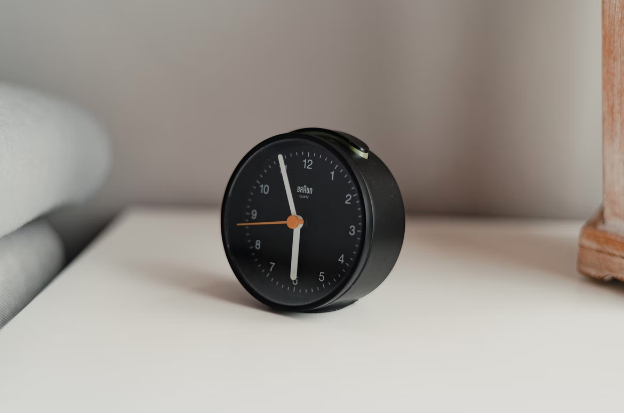The following post was written by one of our writers who experimented with an intuitive sleep schedule for seven days in a row.
What follows is a detailed, firsthand account of his experience.
The Experiment
I’ve always found the typical sleep-wake schedule to be a challenge to upkeep.
Waking up at dawn, working through the day, and then going to bed early was always somewhat challenging for me.
This could be because I have a very free-flowing schedule where I can pretty much do my work whenever I feel like it.
I’m a remote freelancer. So I’m not really tied to specific timeframes as far as work is concerned.
Unlike some people, I have a great deal of freedom in how I can choose to accomplish my work and meet my obligations.
So I decided to adopt a completely intuitive sleep schedule for a week straight, just to see how it would go.
The Rules
Here were the rules I followed for this experiment.
Number one: I had to get all of my work and obligations done every day.
Number two: If I felt tired, I would go to bed without setting an alarm. In order to facilitate an alarm-free schedule, I’d make sure to accomplish tasks in order of priority, accomplishing deadlines far ahead of time so that I wasn’t rushed on anything.
How It Went
At first, the experiment went really well.
I realized that I was getting more sleep, and I was being pretty productive.
However, I also noticed that over the course of the week, my sleep schedule tended to go later and later.
For example, on day one, I went to bed at like 10 pm and woke up at about 6 or 7 the following morning.
This was pretty normal.
However, on day two, I ended up going to bed at around midnight and getting up at 8 or 9.
By day three, I was going to bed at 2 or 3 in the morning and getting up closer to 10 or 11.
What surprised me was that this felt like a natural progression.
By the time I got to the weekend, my schedule was nearly flip-flopped.
I was almost to the point of staying awake during the night, and sleeping during the day.
However, I also noticed a trend.
As my schedule got further away from the normal circadian rhythm (in other words, the normal ‘sunrise and sunset cycle’), I tended to be less productive.
This isn’t the first time I’ve noticed this in my life.
However, this test just further emphasized that I tended to be the most creative (and to get the most done) when my sleep schedule aligned with the natural sunrise/sunset cycles.
I also found that my most creative and energetic part of the day tended to peak right about the time the sun was rising—but that I was really only able to take advantage of it if I was waking up ‘fresh’ and able to tap into a flow-state during that time.
If my sleep schedule was situated as such that I missed this, it didn’t seem to come around at any other time of the day—and just became a missed opportunity.
It truly felt like I just got more accomplished in less time when I made sure that my sleep schedule matched with the sunrise and sunset cycles, so that I was waking up early in the morning.
Conclusion
At the end of the experiment, I came to realize that I get a lot more done and have a more optimized, successful life when I go to bed and wake up at normal times.
It was fun to try an intuitive sleep schedule—but I realized that if I wanted to take my goals seriously, I was just going to get a lot more done and experience a lot more success if I prioritized going to bed at a reasonable time and waking up with the sunrise.











